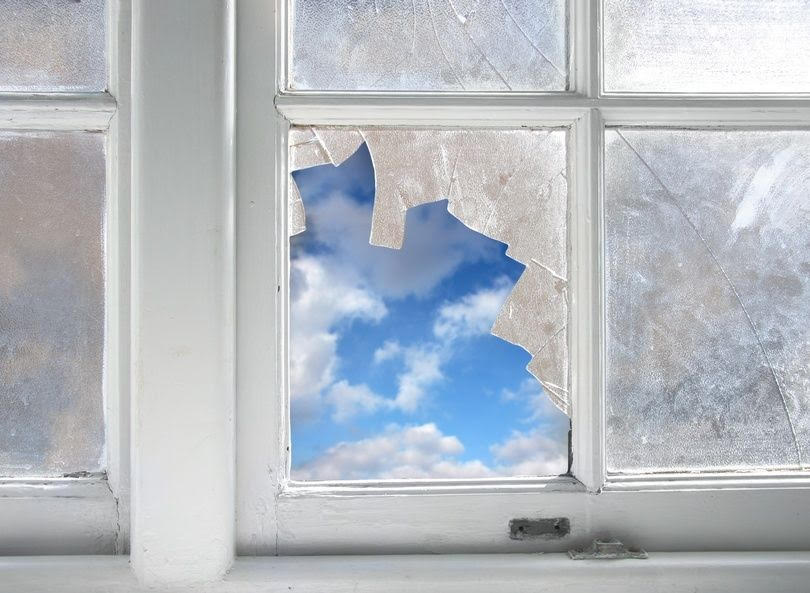As incurable optimists, human beings look for silver linings in the darkest of clouds. It’s an admirable trait, but some silver linings are illusions. Spotting them requires the economic way of thinking.
In the wake of a natural or manmade disaster, such as Hurricane Harvey, you can bet someone will find a silver lining in the destruction: the economic activity that property repairs will stimulate.
Unfortunately, that’s an illusory silver lining.
It’s not just the unschooled who say such things. Economists with Ph.D.s, prestigious university appointments, and even Nobel Prizes make this mistake. For example, Nobel laureate and City University of New York economist Paul Krugman identified “favorable effects” from the attacks of Sept. 11, 2001. “All of a sudden,” Krugman wrote, “we need some new office buildings.… Rebuilding will generate at least some increase in business spending.” Other examples abound. Many people have gone so far as to suggest that war is good for the economy because the government will hire many workers and buy large quantities of supplies of all kinds.
It ought to rattle common sense to hear people say destruction is actually constructive. It’s certainly not what Joseph Schumpeter had in mind when he coined his famous phrase “creative destruction.” Why do so many talk like this?
That question is all the more interesting when we realize that 169 years ago a man without a degree in economics or a university appointment, Frédéric Bastiat, exposed the error in a single essay written for lay readers: “What Is Seen and What Is Not Seen.” The error has come to be known as the broken-window fallacy.
Bastiat told the story of a mischievous boy who broke a window in a village. The event attracted a crowd of neighbors who “offer the unfortunate owner the selfsame consolation: ‘It’s an ill wind that blows nobody some good. Such accidents keep industry going. Everybody has to make a living. What would become of the glaziers if no one ever broke a window?’”
To which Bastiat responded: “Now, this formula of condolence contains a whole theory that it is a good idea for us to expose, flagrante delicto, in this very simple case, since it is exactly the same as that which, unfortunately, underlies most of our economic institutions.”
He acknowledged the reason many people at first see a good effect in the mischief. The owner will have to pay the glazier to replace the window. So, Bastiat wrote, “If you mean that the accident gives six francs’ worth of encouragement to the aforesaid industry, I agree. I do not contest it in any way; your reasoning is correct. The glazier will come, do his job, receive six francs, congratulate himself, and bless in his heart the careless child. That is what is seen.”
But that is hardly the end of the story. “But if, by way of deduction, you conclude, as happens only too often, that it is good to break windows, that it helps to circulate money, that it results in encouraging industry in general, I am obliged to cry out: That will never do! Your theory stops at what is seen. It does not take account of what is not seen.”
True, the glazier has money he would not have had if the window had remained intact. And the glazier will spend the money, benefiting other businesses. But had the boy been better behaved, the window owner would have used his money some other way. Perhaps he would have bought new shoes or something else. Or he might have held the money for a rainy day or invested it for greater future consumption while enabling someone else to borrow it in the present. Since those formerly possible uses are now impossible, they are “unseen” and therefore unacknowledged. Nevertheless, the owner’s most preferred alternative use, whatever it would have been, is the real cost of the new window.
Look at it this way: when the owner awoke on the fateful morning, he had the window and the money. After the mischief and the replacement, he had only the window. He used the money simply to restore the condition his building was in when he awoke that morning.
Yes, the glazier now has money he did not have when the day started, and he will spend it. But a shoemaker or someone else does not have the money he would have had if the window had not been broken.
The bottom line is that the window owner is worse off and the community as a whole is no better off. If the neighbors were correct, the community could become wealthy simply by breaking all the windows in town. Obviously that’s nonsense.
Hurricanes break lots of windows, but they do not create wealth.
So let’s hear no more about economic silver linings behind dark clouds.








